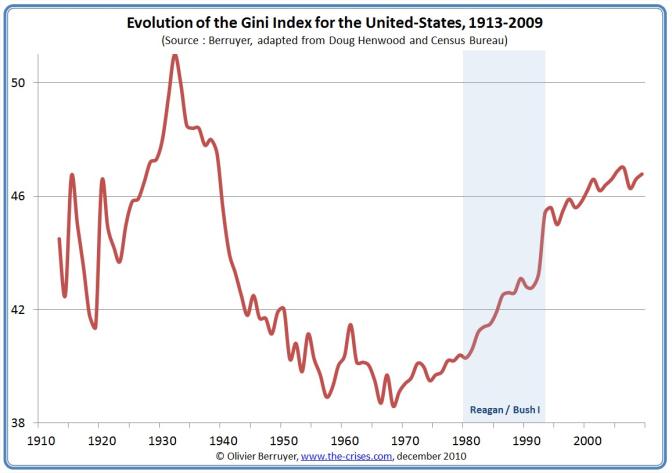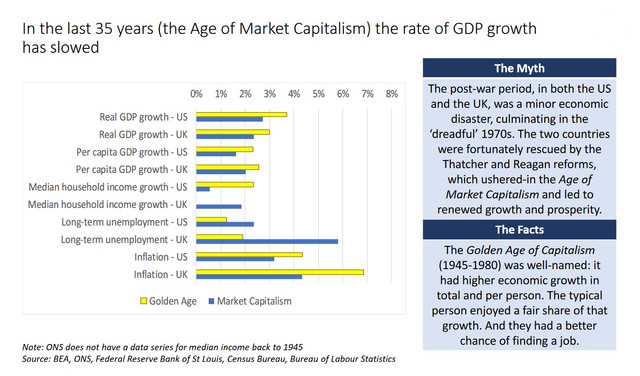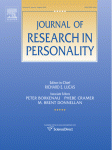it is Inheritance that has been and remains the driver behind increasing wealth inequality
This is true. IQ and other behaviors associated with wealth and income are highly heritable.
Some genetic contributors to potential "high IQ" are highly temperamental insofar as what they actually do. I am not actually trying to dismiss the view that intelligence has a hereditary component. However, giftedness is a type of neurodivergence, and it is possible that some people with those genetics could suffer in certain types of environments.
This is similar to saying that a high performance engine needs fuel that has a higher octane rating.
There is actually a link between bipolar disorder and high intelligence, for example.
Schizophrenia (SCZ) and bipolar disorder (BD) are severe mental disorders associated with cognitive impairment, which is considered a major determinant of functional outcome. Despite this, the etiology of the cognitive impairment is poorly understood, and no satisfactory cognitive treatments exist. Increasing evidence indicates that genetic risk for SCZ may contribute to cognitive impairment, while the genetic relationship between BD and cognitive function remains unclear. Here, we combined large genome-wide association study data on SCZ (n=82,315), BD (n=51,710) and general intelligence (n=269,867) to investigate overlap in common genetic variants using conditional false discovery rate (condFDR) analysis. We observed substantial genetic enrichment in both SCZ and BD conditional on associations with intelligence indicating polygenic overlap. Using condFDR analysis, we leveraged this enrichment to increase statistical power and identified 75 distinct genomic loci associated with both SCZ and intelligence, and 12 loci associated with both BD and intelligence at conjunctional FDR<0.01. Among these loci, 20 are novel for SCZ, and four are novel for BD. Most SCZ risk alleles (61 of 75, 81%) were associated with poorer cognitive performance, whereas most BD risk alleles (9 of 12, 75%) were associated with better cognitive performance. A gene-set analysis of the loci shared between SCZ and intelligence implicated biological processes related to neurodevelopment, synaptic integrity and neurotransmission; the same analysis for BD was underpowered. Altogether, the study demonstrates that both SCZ and BD share genetic influences with intelligence, albeit in a different manner, providing new insights into their genetic architectures.
Smeland, O. B., Bahrami, S., Frei, O., Shadrin, A., O'Connell, K., Savage, J., Watanabe, K., Krull, F., Bettella, F., Steen, N. E., Ueland, T., Posthuma, D., Djurovic, S., Dale, A. M., & Andreassen, O. A. (2020). Genome-wide analysis reveals extensive genetic overlap between schizophrenia, bipolar disorder, and intelligence.
Molecular psychiatry,
25(4), 844–853.
https://doi.org/10.1038/s41380-018-0332-x
I think that there could be a link between bipolar disorder and being a dragon, but I am not sure because I have not been cycling very much in the past few years. I might have been having symptoms more akin to cPTSD with the not unusual mixture of progress and setbacks, which can imitate the cycling that is also commonplace in bipolar disorder. I'm not sure how smart a dragon my size could possibly be, though. My head is about the size of a small tangerine if that.
The trouble is that these genetics do not have to manifest as mental illnesses. With the right cultivation and a calm, nurturing environment, a person with the same genetics that would otherwise result in them requiring in-patient care could turn out to be a highly talented individual, and that person could contribute things to our society that nobody else really could.
However, intelligence is really less of a defining factor in your income than conscientiousness. Apparently, the personality trait of conscientiousness has the most consistent link with lifelong income of all personal characteristics.
The reason why is probably more closely linked with the fact that people with high conscientiousness tend to have more serious drops in life satisfaction related to their income. There is actually a dark side to the trait, weirdly enough.
Conscientious individuals tend to achieve more and have higher well-being. This has led to a view that conscientiousness is always positive for well-being. We hypothesize that conscientiousness could be detrimental to well-being when failure is experienced, such as when individuals become unemployed. In a 4-year longitudinal study of 9570 individuals interviewed yearly we show that the drop in an individual’s life satisfaction following unemployment is significantly moderated by their conscientiousness. After 3 years of unemployment individuals high in conscientiousness (i.e. one standard deviation above the mean) experience a 120% higher decrease in life satisfaction than those at low levels. Thus the positive relationship typically seen between conscientiousness and well-being is reversed: conscientiousness is therefore not always good for well-being.
Martina Luchetti, James M. Barkley, Yannick Stephan, Antonio Terracciano, Angelina R. Sutin
Five-factor model personality traits and inflammatory markers: New data and a meta-analysis
Psychoneuroendocrinology, Volume 50, 2014, pp. 181-193
Conscientious individuals tend to achieve more and have higher well-being. This has led to a view that conscientiousness is always positive for well-b…

www.sciencedirect.com
Whereas I am a miniature dragon: I do not even require clothes. Feed me a little bit of sushi or some nova lox, and I am good to go. I make a very inexpensive pet, and I am extremely useful as a therapy animal.
While it is true that there are genetic contributors to very high intelligence, you cannot force a highly gifted individual to care about the same things that you care about. That person might not care about money at all. In fact, that person might become fixated on a cause that most people regard as unhinged and wacky, and they might be near the end of their lives before their efforts are widely accepted by most people. Frank Kameny was undeniably one of the most gifted individuals in history, but by the time the majority of people would have accepted that Frank Kameny is a true historical hero rather than either a madman or a villain, he had one foot in the grave.
This is one of the reasons why I think that my tovarish
@bilby had a very solid point when they pointed out that it would be misguided to make "the economy" the only measurement we made regarding the health of our society. It constitutes putting the cart before the horse. I do not eat in order to work, but I work in order to eat. I do not live in order to eat, but I eat in order to live.
Regardless of whether
@Canard DuJour understands my admittedly bizarre way of thinking or not, I really agree with them that "trickle-down" thinking is cancer. Even though we might be able to generate a large quantity of wealth by ignoring the inequality between the richest and poorest Americans, the richest and most powerful Americans ultimately end up abusing that wealth and power. Ignoring the wealth gap results in corroding our democratic institutions. Feeding that kind of system is like feeding a cancer.
Feeding a cancer makes it grow, but that does not mean that the cancer is good for you. As long as there are extremely powerful individuals in this country that do not honor our democratic institutions, they are cancer, and the only way that you can fight cancer is to starve it.
I do not really care so much that Elon Musk is a billionaire. If I really believed he were an ally to the cause of democracy, then I would support giving him a noble title and a few horses if he wanted them. The most egalitarian countries in the world still have
de jure nobility. Canada is substantially more egalitarian than the United States, and they technically have a queen. Elon Musk is not true aristocracy, though. He only thinks about himself and his own pet projects. He is willing to sit idly by and watch our democratic institutions die. The fact that he is a billionaire is not the problem. The problem is that he could help protect our democratic institutions, but he won't.
Fighting cancer might cause us to suffer, in the short-term, but tough. Chemotherapy kills healthy cells as well as cancerous ones.
You cannot measure a society's health based only on the size of its collective bank account.



